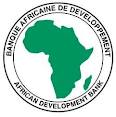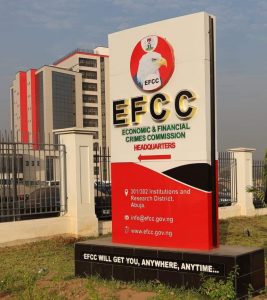Naira Falls by 5.8% to N1,720/$ at Parallel Market

By the close of business on Monday, the naira was selling at N1,720 on the streets.
This is a 5.8 per cent decline in the value of the naira on the streets compared to N1,625 which it sold last Friday.
Similarly, the pressure on the local currency at the official market, the Nigeria Autonomous Foreign Exchange (NAFEM) had seen the value of the naira plummet against the dollar.o
At the end of trading activities on Monday, the value of the local currency had depreciated by 2.4 per cent to N1,598.54 from N1,537.96 to the dollar which it closed last week Friday.
This is coming despite the governor of the Central Bank of Nigeria, Dr Olayemi Cardoso insisting that foreign exchange liquidity is improving.
Cardoso, at the weekend, had said despite the apparent gloomy picture of the country’s economy, the future was bright and positive, especially in the light of the recent inflow of $1.8 billion. “That positive outlook comes from the fact that a series of reforms have been made by the federal government and the central bank, which are now paying off in such a way that international investors are coming back in again.
“Recently, as a result of some of the particular reforms that the central bank came in with, over the last week, $1.8 billion came into the market. As long as we can sustain a positive trajectory, I am confident that we will get out of this and the foreign exchange market will begin to moderate itself,” he stressed.
The further depreciation of the naira is coming on the heels of the latest inflation figures which is almost 30 per cent, driven by soaring food costs.
Forex markets analyst at London-based Ballinger & Co., Kyle Chapman told Reuters that “without policy moves in sight to rein in inflation, the naira will continue to devalue simply on a purchasing power basis. There are also risks that it could further deter foreign investors, given the increasingly negative real yield found in Nigerian debt securities.”







